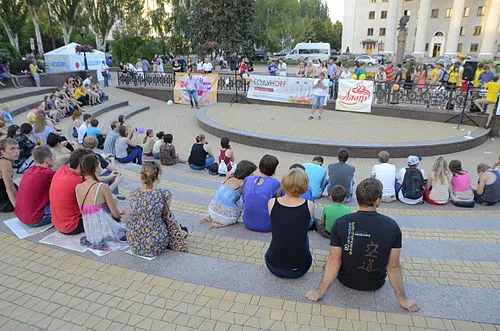
Honoring Sacrifice: Understanding Assyrian Martyrs Day
Assyrian Martyrs Day is a significant and solemn occasion for the Assyrian community, observed annually on August 7. This day serves as a powerful reminder of the sacrifices made by Assyrians throughout history, particularly during periods of persecution and genocide. It allows the community to reflect on their heritage while emphasizing the importance of cultural identity and resilience.
Historical Background
The Assyrian people, one of the oldest civilizations in the world, have faced severe challenges over the centuries. The events that culminated in Assyrian Martyrs Day primarily connect to the atrocities committed against Assyrians during World War I, particularly the Assyrian Genocide of 1915. During this dark chapter of history, many Assyrians were killed or displaced due to their religious affiliation and ethnic identity, leading to a catastrophic loss of life and cultural heritage.
The Significance of the Day
On Assyrian Martyrs Day, community members gather in various locations, including churches, community centers, and online forums, to honor those who lost their lives. Ceremonies often include memorial services, candlelight vigils, and presentations to educate the younger generations about their history. The day serves not only to remember the past but also to encourage dialogue about human rights and the importance of tolerance.
Moreover, it's a day for activism. Many Assyrians use this opportunity to raise awareness about current issues affecting their communities, such as the fate of Assyrians in Iraq and Syria, where ongoing conflicts still threaten their safety and existence.
Community Activities
Many Assyrian organizations worldwide participate in activities that promote remembrance and reflection. Events may include:
- Memorial Services: Held in churches, where prayers are offered for the martyrs.
- Cultural Events: Featuring traditional music, dance, and food that celebrate Assyrian heritage.
- Educational Workshops: Providing insights into the Assyrian history and its significance.
- Advocacy Campaigns: Focusing on the needs and rights of Assyrians in various global contexts.
The Role of the Diaspora
For Assyrians living in the diaspora, Martyrs Day carries an added dimension. Many have fled their homelands due to conflict and persecution, creating a global community that actively attempts to preserve its culture and history. Diaspora communities often organize large-scale observances that reflect their shared experiences and collective memory.
This connection to the homeland, although strained by distance, fosters a strong sense of unity. It serves as a platform to encourage younger generations to learn about their heritage, ensuring that the stories of the martyrs are never forgotten.
Conclusion
Assyrian Martyrs Day is more than just a day of remembrance; it is a symbol of resilience and the continuous struggle for identity and rights. By honoring the memories of those who came before them, the Assyrian community strengthens its resolve to fight for recognition, justice, and a brighter future.
As the community reflects on the lessons of history, it also looks forward, fostering hope and solidarity among Assyrians worldwide. The observance of Martyrs Day reaffirms their commitment to preserving their culture and advocating for the rights of all marginalized communities, ensuring that the sacrifices of their martyrs pave the way for a more equitable future.






